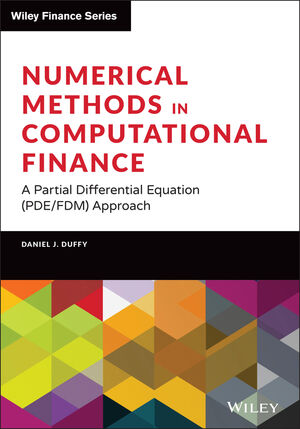- Joined
- 5/8/23
- Messages
- 16
- Points
- 103
I find the materials, homework and quiz given helpful, especially when I was reviewing the course for the final exam. I would say preparation for final exam contribute 50% to my understanding of knowledge taught in this course.
However, I do feel that watching the videos is not efficient for learning in my case. They are helpful, but can be improved.
Lastly, the level9 part was really hard for me. I don't think the materials explain enough to understand what's happening. Maybe more materials could be given. They don't have to be thorough, just explain the theory behind the codes as plain as possible, with necessary graphs etc. I spent about 3 weeks to understand PDE, lattice, etc., mainly relying on Internet.
Overall, I learnt a lot from this course. Above are just some suggestions that might make this course better.
However, I do feel that watching the videos is not efficient for learning in my case. They are helpful, but can be improved.
Lastly, the level9 part was really hard for me. I don't think the materials explain enough to understand what's happening. Maybe more materials could be given. They don't have to be thorough, just explain the theory behind the codes as plain as possible, with necessary graphs etc. I spent about 3 weeks to understand PDE, lattice, etc., mainly relying on Internet.
Overall, I learnt a lot from this course. Above are just some suggestions that might make this course better.


